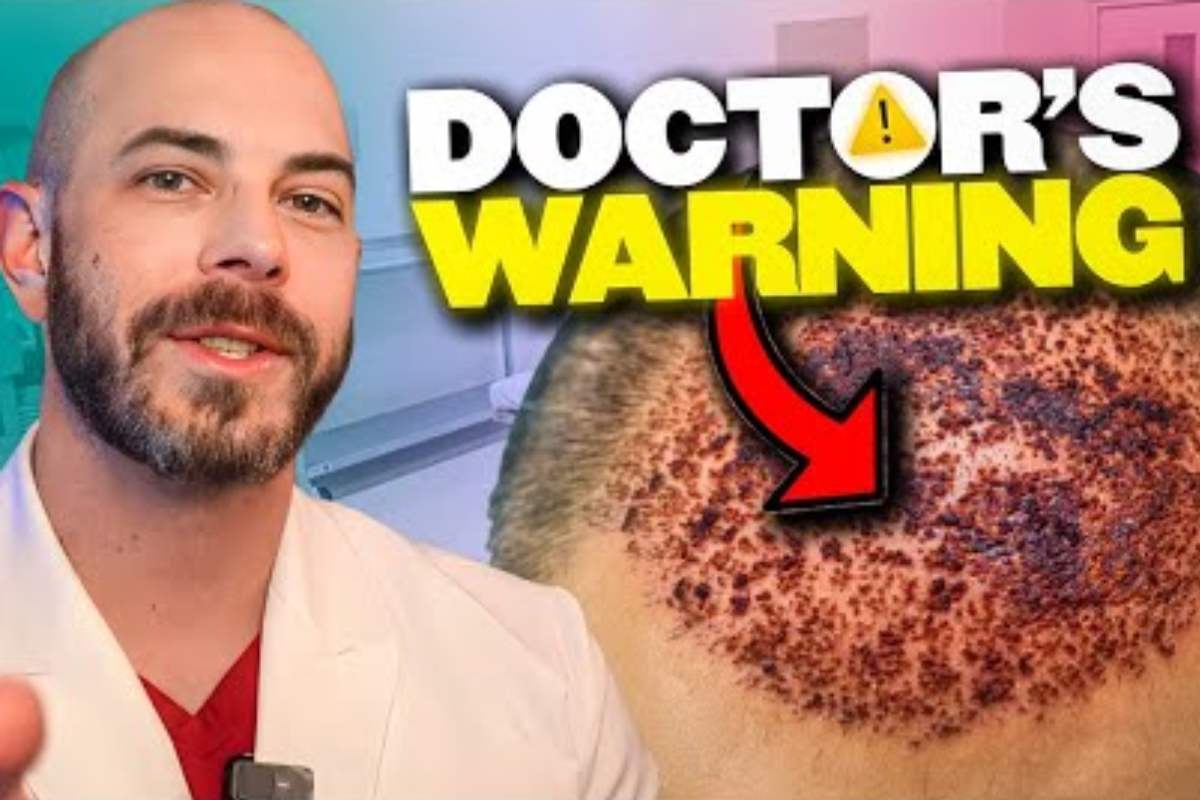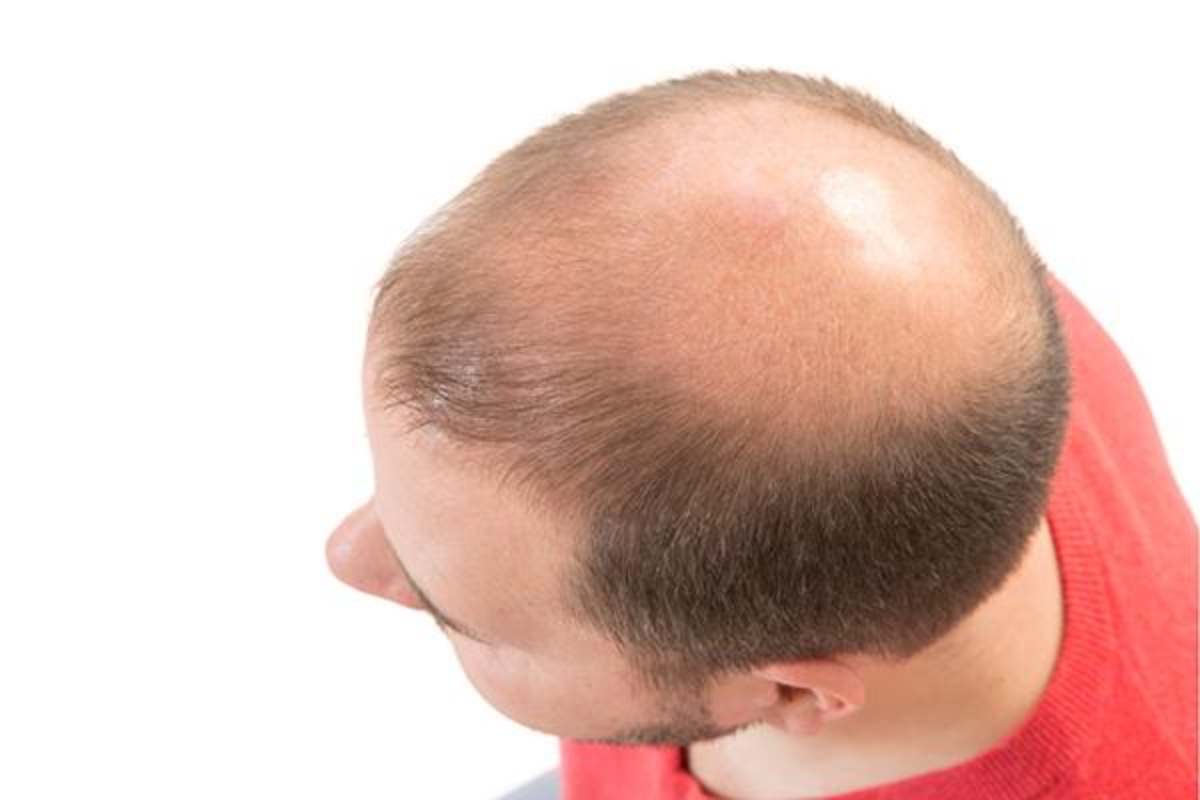Nearly all medications have the potential to carry side effects. Hair loss is sometimes one of them. Though not as frequent as side effects like headache or nausea, when hair loss does occur, it often can rattle patients and leave them with countless questions like:
- Is the hair loss permanent?
- Will it get worse?
- Is the meditation worth it?
All are fair questions. As much as we love our health, we also love our hair. It can be a frustrating challenge to decide what’s best for ourselves and our well-being.
One of the medications most commonly associated with hair loss is Adderall. Adderall is a popular medication which is a prescription amphetamine. It’s often used to treat Attention-Deficit Disorder (ADD), Attention-Deficit Hyperactivity Disorder (ADHD), and narcolepsy. However, as a stimulant, Adderall also has a reputation as an illicit drug used for late-night study sessions or at parties.
So, by taking this drug consumed by millions of Americans every year, are you seriously increasing your chances of hair loss?
Does Adderall Cause Hair Loss
The quick, honest answer is that yes, hair loss is a possible side effect of Adderall usage. However, it’s slightly more complicated than that.
First off, hair loss from taking Adderall is relatively rare. Also, though the medication itself can be the main culprit, Adderall-related hair loss is usually tied to three of its common adverse reactions—anxiety, lack of sleep and poor diet.
Anxiety
An increase in stress or anxiety is one of Adderall’s most common side effects. Stress is also a well-known reason for why people unexpectedly lose their hair.
Stress-induced hair loss, or telogen effluvium, occurs when your body becomes overwhelmed with anxiety and stress over a sustained period. The brain then reverts into survival mode and shuts off many nonessential functions as it believes the body is under attack. Hair growth is often one of the functions that the body puts on hold until the stress has decreased.
Lack of Sleep
Closely related to stress-induced hair loss, insomnia is also a common Adderall side effect. As insomnia also increases our stress levels, even if we’re too tired to really notice, this can also invoke telogen effluvium.
Poor Diet
Like all amphetamines, Adderall also acts an appetite suppressant. If you’re not careful to eat healthy meals at regular intervals—even if you’re not always feeling like it—the consequences could be rapid hair loss.
This is because hair needs ample nutrients to survive. By not consuming an appropriate amount of vitamins, minerals and protein, hair follicles might quit growing hair altogether.
As mentioned earlier, Adderall-related hair loss is nearly always a side effect of the reactions to the pill. Still, in rare cases, the chemicals within the medication can cause patients to lose their hair as well.
However, since there’s much more likelihood that your hair loss is a result of stress, insomnia, or a poor diet, try minimizing these things first. If the hair loss continues, your doctor might consider switching your medications.
Which Other Medications Can Cause Hair Loss
Adderall isn’t the only medication that can cause hair loss. Here are a few others that may result in balding.
Other Amphetamines
This shouldn’t come as a big surprise. Since Adderall is a stimulant—and the side effects of other stimulants can cause people to lose their hair. Many weight-loss drugs fall into this category.
Steroids
People that regularly take steroids containing progesterone and/or testosterone have an increased chance of experiencing hair loss. Some common steroid medications that may cause hair loss include Depo-Provera, Provera, Prednisone, anabolic steroids (testosterone), hormone replacement treatments (HRT) that include progesterone or testosterone components, human growth hormone (HGH), Human Chorionic Gonadotropin (HCG). These latter 3 drugs are found with increasing frequency in weight-loss or anti-aging programs.
Accutane
It’s no secret that this popular, effective acne treatment also comes with a bevy of potential side effects—and unfortunately, hair loss is one of them.
Antidepressants
Though not common, those taking particular antidepressant medications may report hair loss. Popular antidepressants with this risk include paroxetine (Paxil), sertraline (Zoloft), and fluoxetine (Prozac).
Blood Thinners
Lifesaving anticoagulants, or blood thinners, including warfarin (Coumadin, Sofarin) and Heparin injections can potentially cause hair loss.
Heart Medications
Beta-blockers and common high blood pressure and heart medications may lead to hair loss, including nadolol (Corgard), propranolol (Inderal) and atenolol (Tenormin). The commonly prescribed “Statins” that treat the high cholesterol, atorvastatin (Lipitor), simvastatin (Zocor), rosuvastatin (Crestor), can also cause hair loss.
Is Hair Loss From Medications Permanent?
Thankfully, most patients who experience hair loss from any medication can grow it back.
The first way to do this is simply to stop taking the drug. However, this often isn’t an option for many reasons. If that’s the case, the patient and doctor can strategize a way to minimize or eliminate these side effects.
Once the patient stops the medication, or the side effects are neutralized, expect about 6 months to a year for new for healthy hair to recover.
Should I Stop Taking My Medication If I’m Losing My Hair?
NEVER stop taking any medication cold turkey unless your doctor explicitly tells you it’s OK. As troubling or devastating as hair loss may be, it’s not life-threatening while abruptly going off a medication could be.
Instead, talk to your doctor about your concerns. Then, you can discuss the right plan of action—together. This might involve changing medications, adjusting the dosage, better stress or diet management, finding hair-loss reduction methods, etc.
Remember, your doctor put you on this medication because he or she believed it was the best choice for your health. Sometimes your doctor may insist that you stay on a certain medication because your other health conditions are not worth the risk of stopping a medication altogether. Hair loss is never fun, so hopefully there is a compromise you can find to help reduce or reverse the loss.







